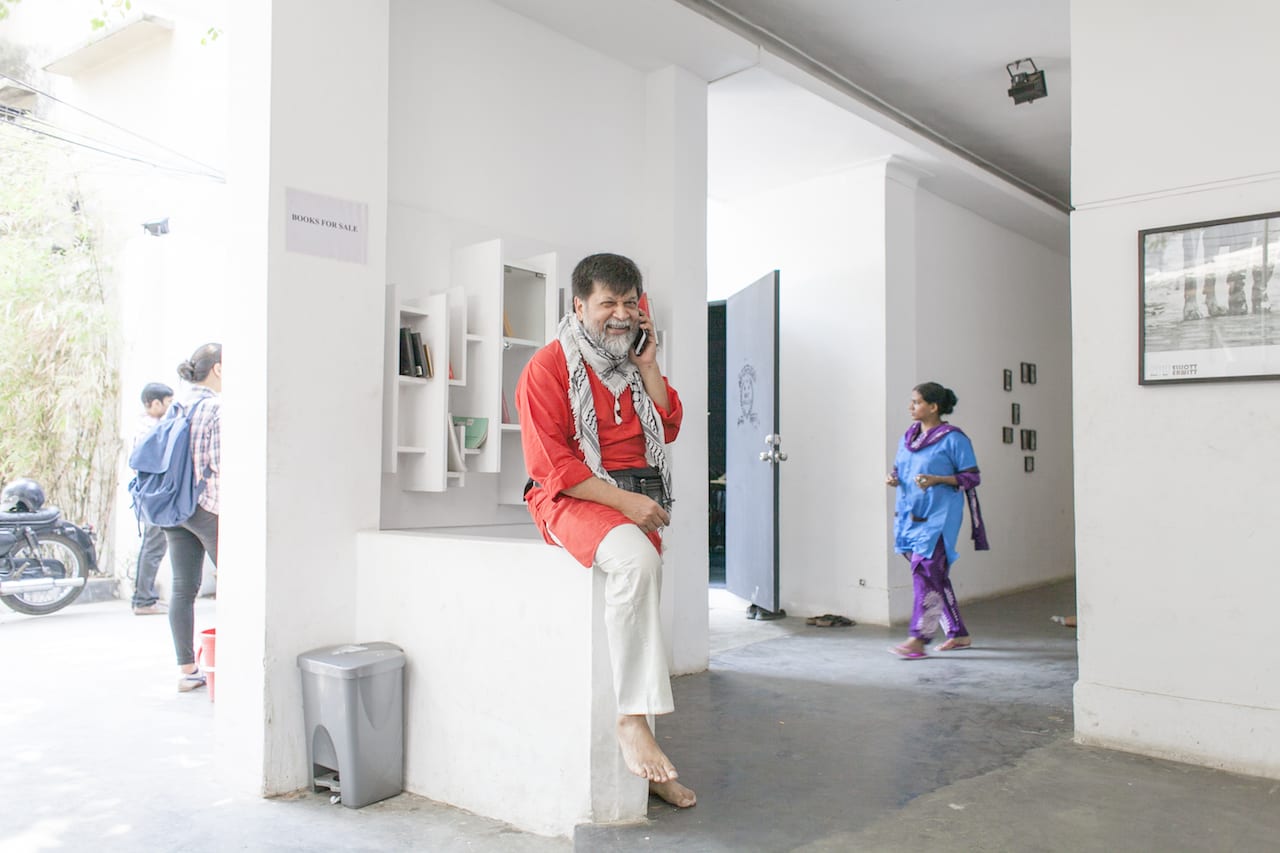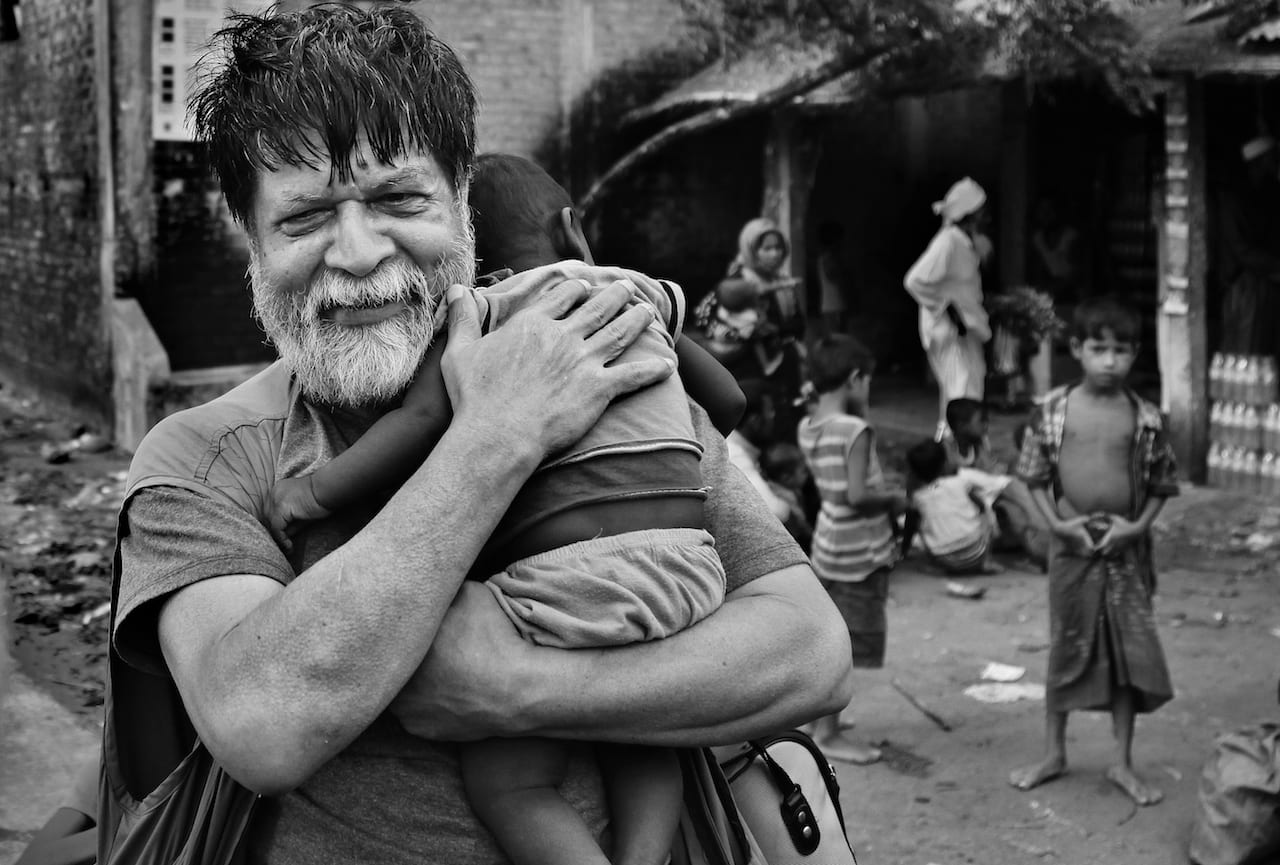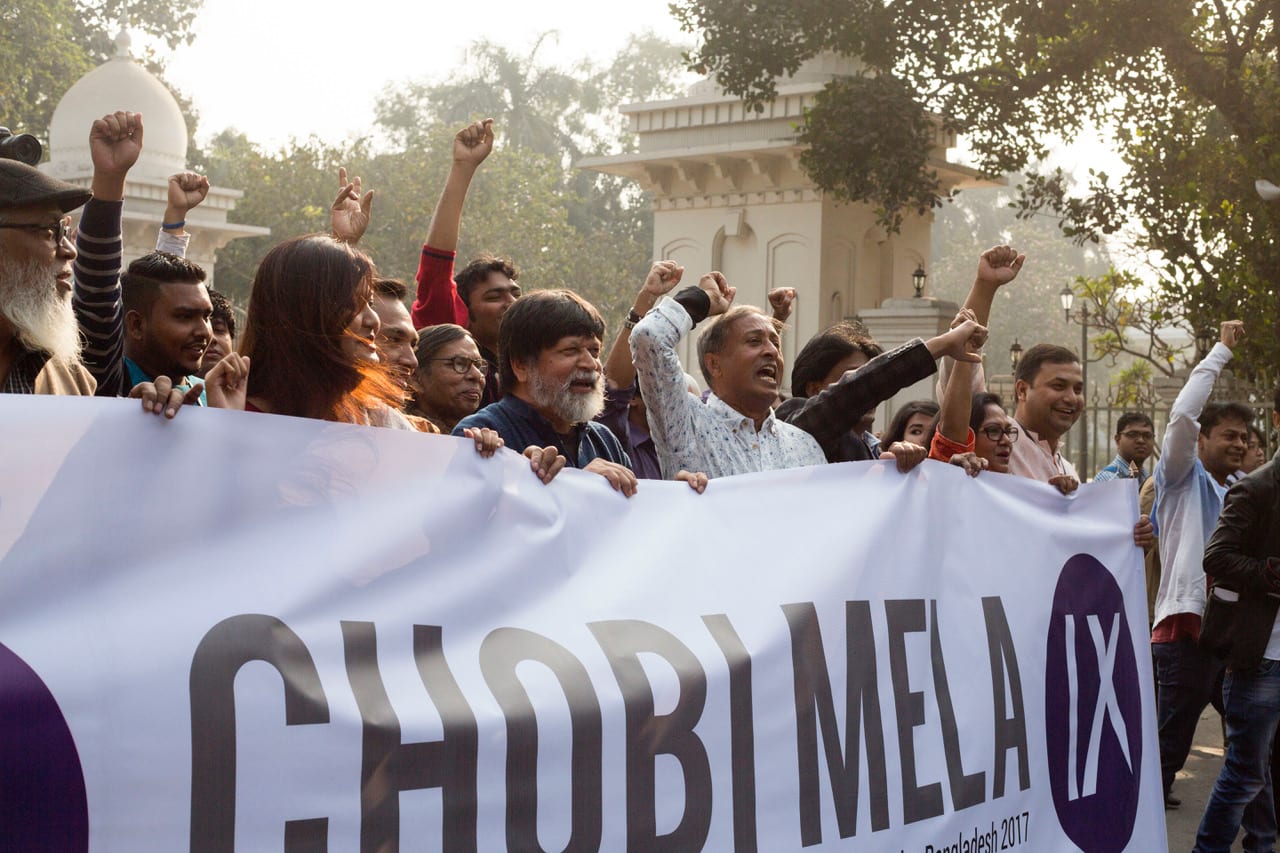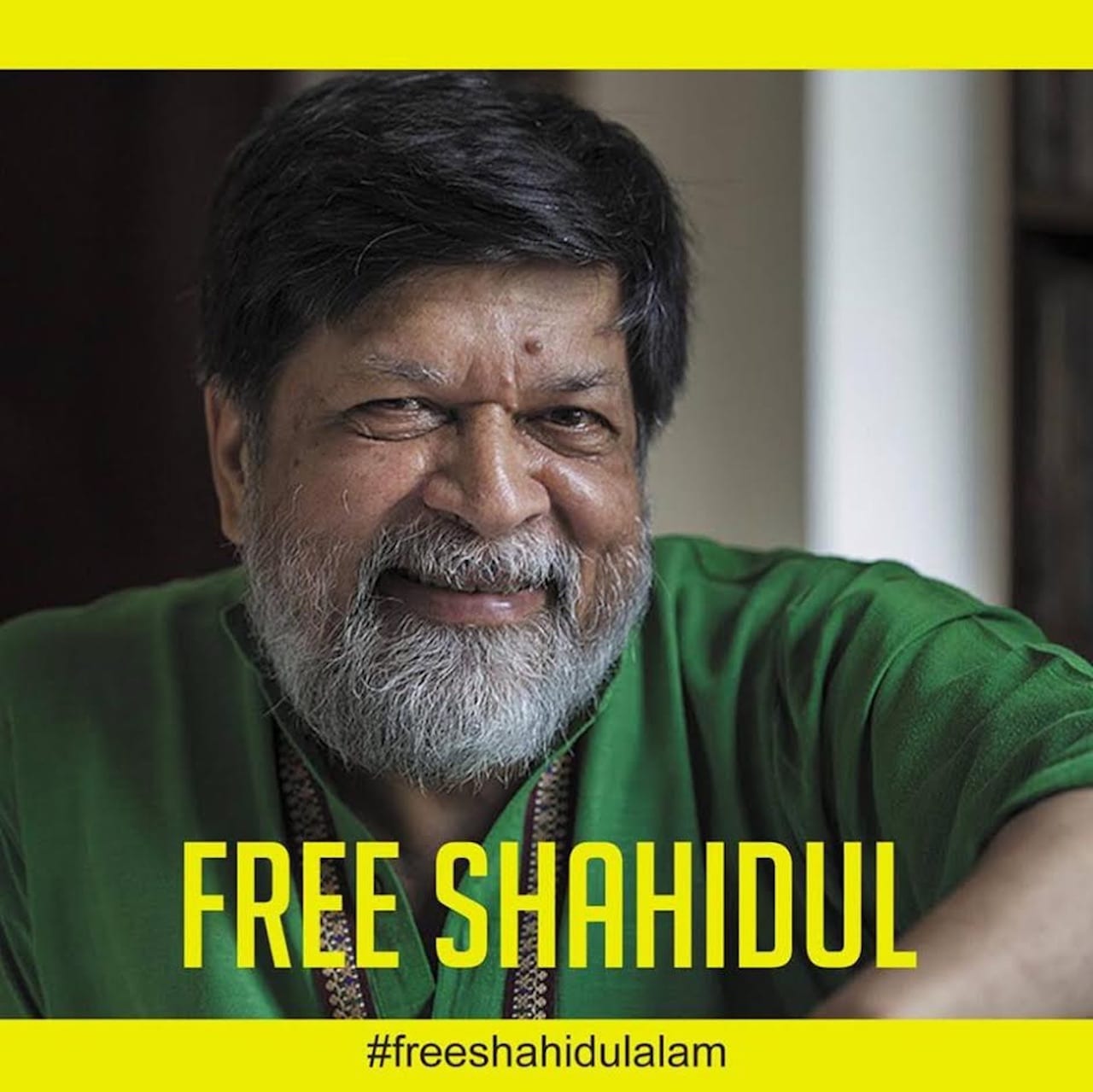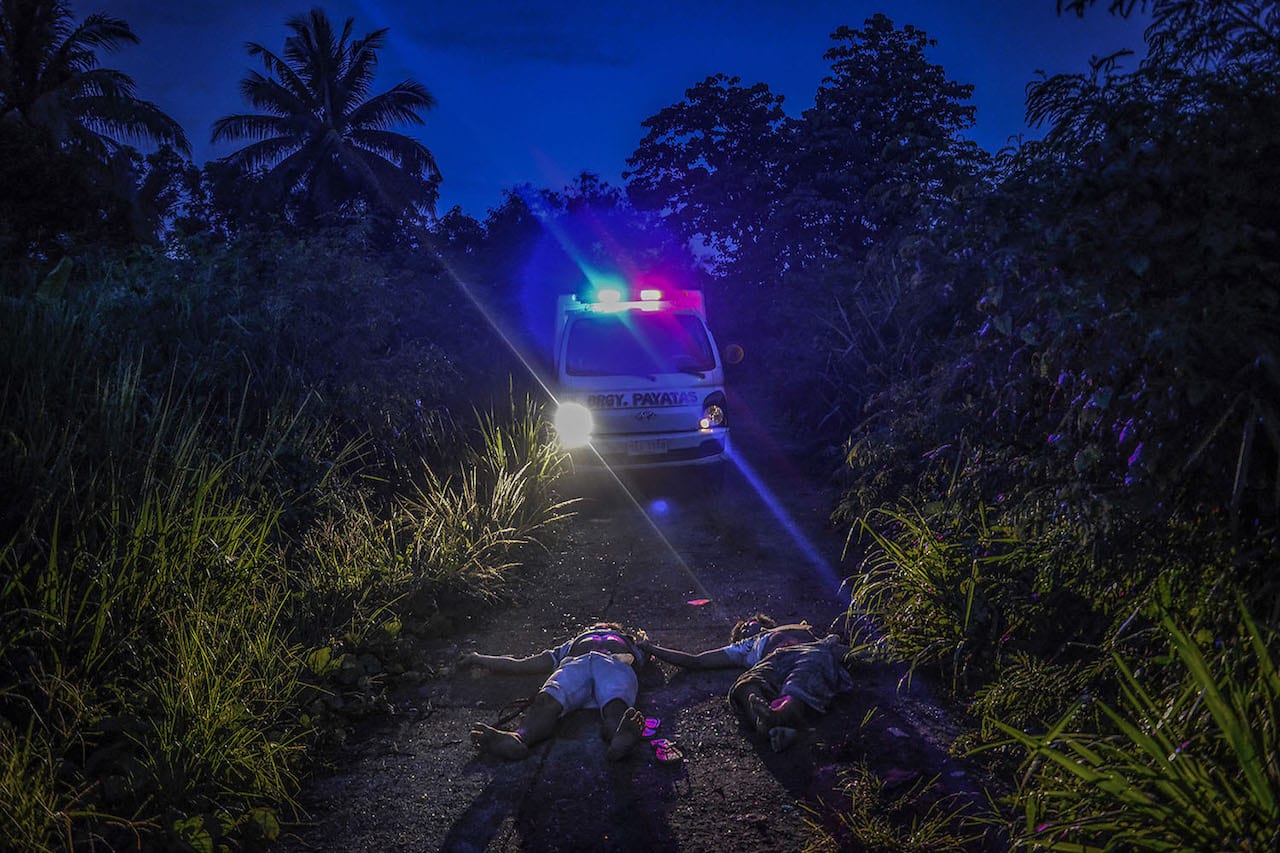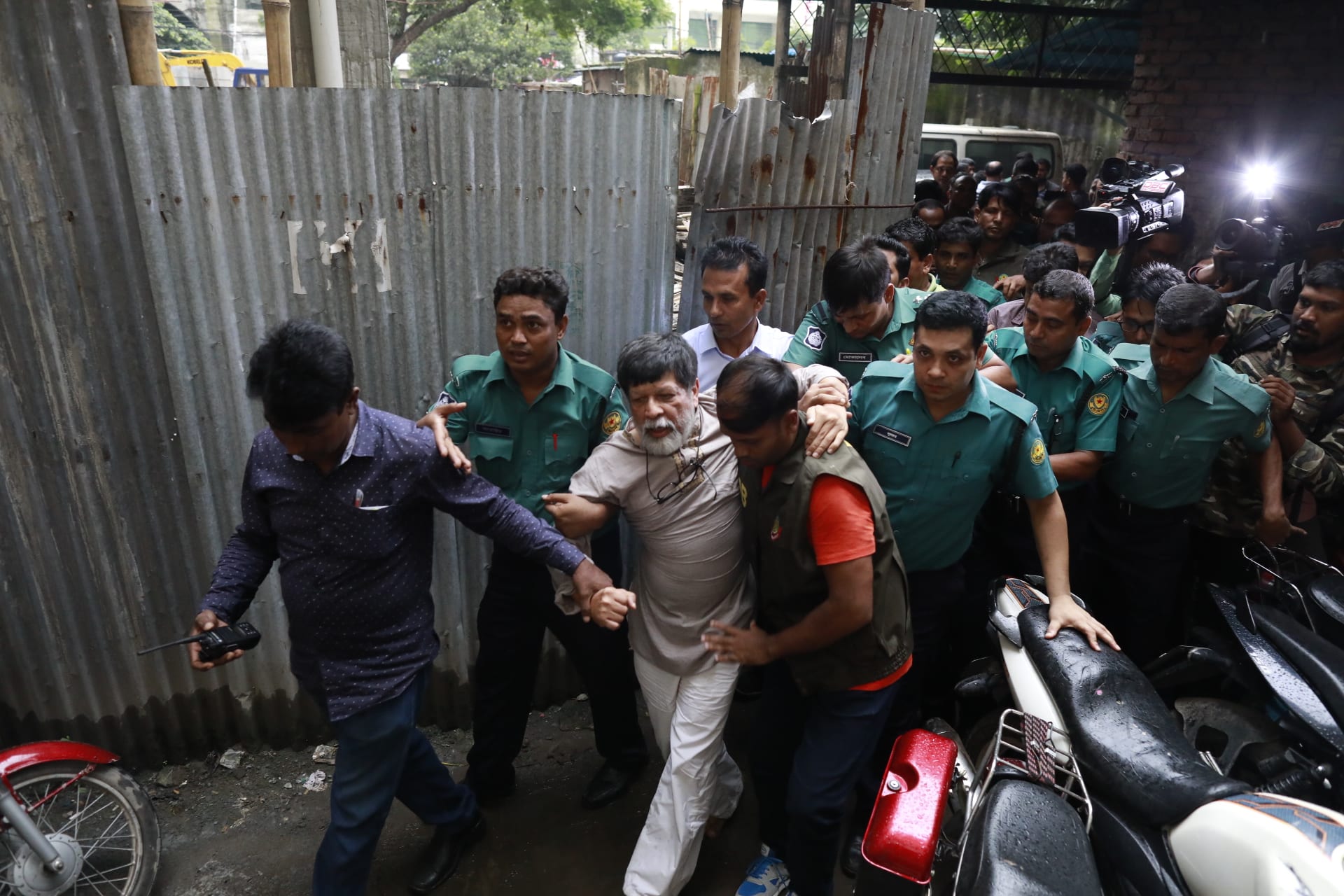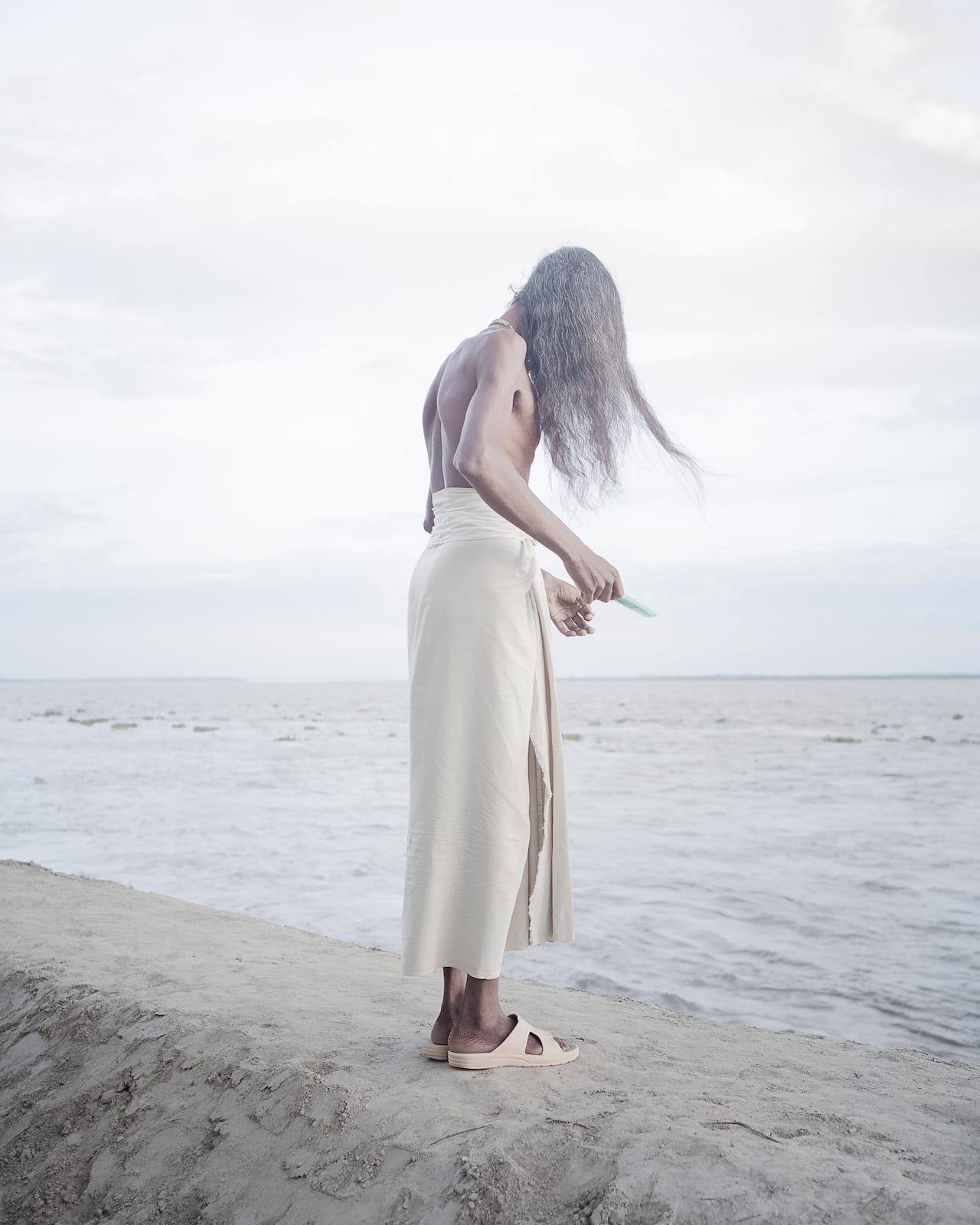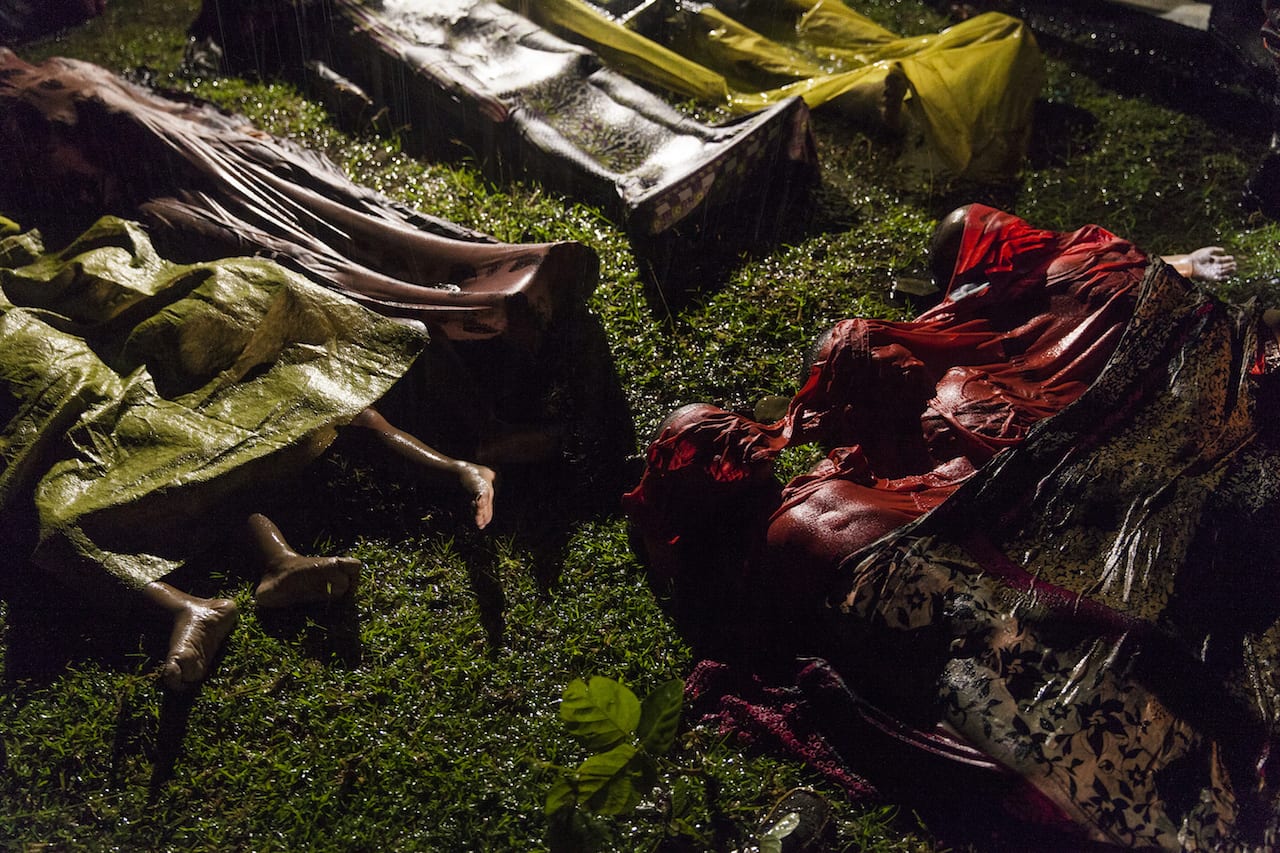Bangladeshi photographer and social activist Shahidul Alam was freed from Dhaka Central Jail at on 21 November, after being locked up for 107 days for spreading “propaganda and false information”.
The 63-year old photographer and Drik Gallery director was arrested at his home in Dhaka on 05 August, and was charged with violating Section 57 of Bangladesh’s Information and Communication Technology Act (ICT), which has been used in more than 20 recent cases involving journalists, most of them related to news-reporting, according to Bangladeshi paper The Daily Star.

